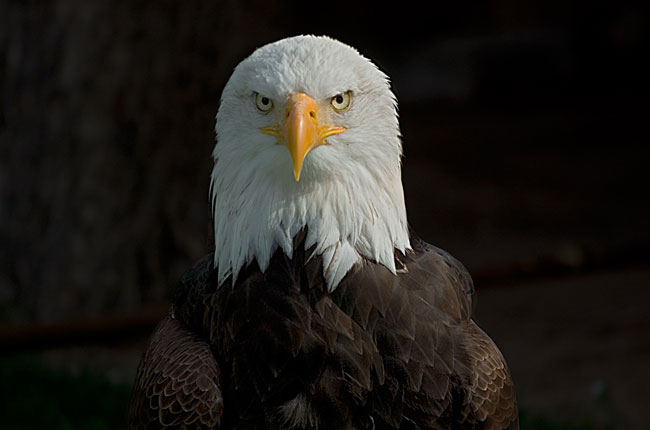48 Species Proposed as 'Endangered,' All Hawaiian

HONOLULU (AP) — The federal government took a new, ecosystem-based approach to the endangered species list on Tuesday, proposing an all-at-once addition of 48 species, including plants, two birds and a fly, that live only on the Hawaiian island of Kauai.
The action by the Interior Department would designate about 43 square miles as critical habitat for all the species rather than considering each species' habitat separately, which has been the practice for three decades. Officials said considering the species all at once should save time and resources and would help the whole ecosystem.
The same approach is planned to help protect rare species on Oahu, the Big Island and Maui over the next several years, and it could be considered for the Arctic, big river systems of the Southwest and areas of the mountain West, according to department officials.
"For more than three decades, we've been struggling with one species at a time," said Dale Hall, Fish and Wildlife Service director, in a conference call with news media. "This gives us a chance to look at groups of species and at the same time be economical in the way we designate critical habitat."
Interior Secretary Dirk Kempthorne, in Honolulu for an island health conference, said the new "holistic approach" will benefit not only the listed species but also the rest of the ecosystem.
"By addressing the common threats that occur across these ecosystems, we can more effectively focus our conservation efforts on restoring the functions of these shared habitats," Kempthorne said.
The species include 45 plants, two birds and an insect, the Hawaiian picture-wing fly.
Sign up for the Live Science daily newsletter now
Get the world’s most fascinating discoveries delivered straight to your inbox.
The Endangered Species Coalition hailed the action as "an end to the drought," noting that the Interior Department has added only one species to the endangered list in the past two years, the polar bear.
It pointed out that no recommendation has been made for 23 other species the administration had told Congress it would be proposing for this fiscal year.
The American Bird Conservancy said the two birds proposed for listing need all the help they can get. Both birds are species of honeycreepers.
The two Kauai birds are the akikiki and the akekee, both honeycreepers and prized finds for birdwatchers. The akekee is yellow and green with a short blue bill and long notched tail. The akikiki has dark feathers above and light feathers below and a pink bill.
George Fenwick, president of the conservancy, said recent surveys show the two species are on the brink of extinction, with fewer than 1,400 akikiki in 2005 in a shrinking Kauai habitat. The akekee population was estimated at 3,500 last year, down from about 8,000 birds in 2000.
Scientists blame nonnative plants, feral pigs and goats, disease introduced by mosquitoes and storms for the decline. Development also has hurt Kauai's ecosystem, though much of the land proposed for critical habitat is mountainous and roadless.
A final decision on adding the species to the list will be made after a yearlong study.
Hawaii has more endangered species than any other state with 329, and Kauai has more than any other Hawaiian island with the greatest diversity of plants and animals.
"It is appropriate that we begin this new approach to listing species and designating critical habitat in Kauai," said Patrick Leonard, field supervisor for the Pacific Islands Fish and Wildlife Office.
All but 1,646 acres of the 27,674 acres proposed for the 48 species overlap existing critical habitat for other species. Most of the land is federally owned, but nearly 6,000 acres is held by 12 private owners.
Officials said all the private land is either already designated critical habitat for rare species or is covered by other programs that would protect species and landowners would face no new restrictions under the proposal.
Known habitat for one of the species on the list, the Pritchardia hardyi plant, was left out of the proposal. Officials said it was not considered prudent to include it because the rare palm is often illegally gathered and designating its habitat would tell collectors where to find it.
- 10 Species You Can Kiss Goodbye
- Images: Endangered and Threatened Wildlife
- Ten Species Success Stories









